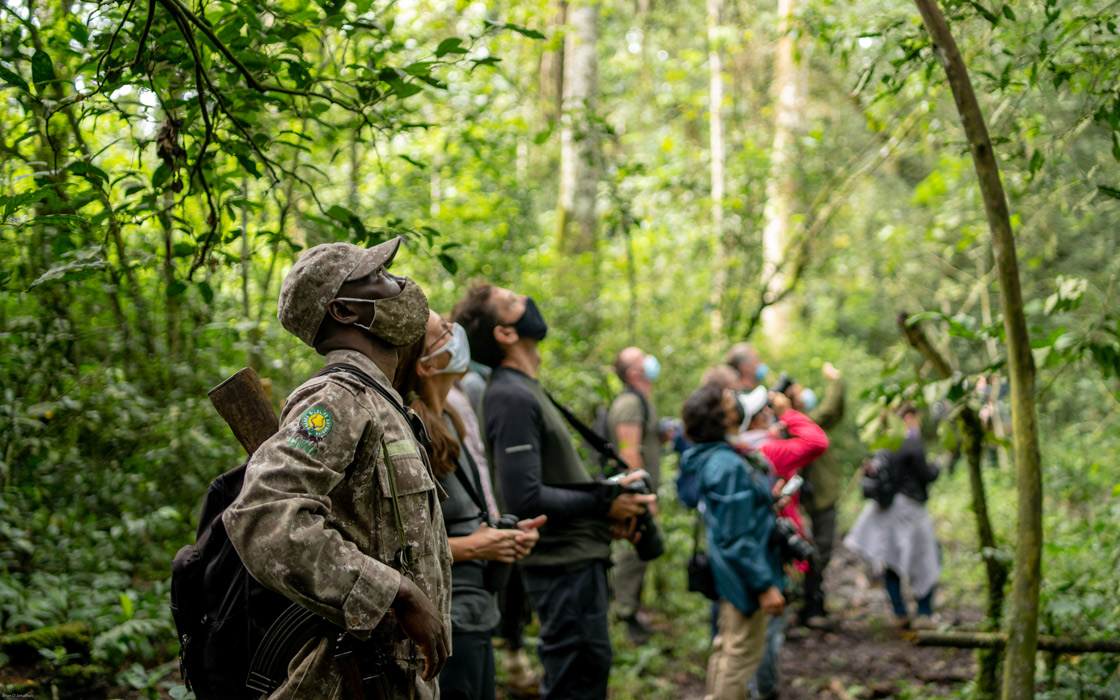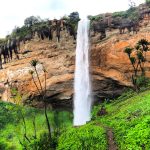ARCADIA SAFARIS HEALTH ADVICE:
Health Advice is essential as embarking on a safari adventure is an exhilarating experience that brings you close to nature’s most magnificent creatures. However, the wild landscapes also present unique health challenges. To ensure a safe and enjoyable journey, it’s essential to prioritize your health. This comprehensive health advice blog will equip you with the knowledge and tips you need to stay healthy and make the most of your safari adventure.
Vaccinations Required for Uganda
The recommended vaccinations for Uganda include: tetanus, diphtheria, polio, hepatitis A, typhoid, cholera, hepatitis B, meningitis and tuberculosis. The rabies vaccination is recommended if you’re going to have contact with wild or domestic animals or if you’re going to be in a remote location far from medical assistance. Vaccinations for yellow fever are recommended for all travellers (and for children aged nine months and older).
There’s a high risk of malaria in Uganda. Consult your doctor about taking malaria prophylactics during your travels and do your best to prevent mosquito bites by wearing long trousers and shirts, using repellent and always sleeping under a mosquito net.
Health and Emergencies in Uganda
To stay healthy in Uganda, you should only drink bottled, boiled or treated water and avoid eating any unpeeled fruits or vegetables. If you eat street food make sure that you buy it from a vendor that is busy and has a high turnover of food to ensure that it’s fresh, and watch that the food is cooked and packed/served in your observance.
Uganda has a high risk of malaria and you should take antimalarial medication and prevent mosquito bites by using repellent on your skin and clothes, wear long trousers and shirts in the early morning and evenings and sleep under a mosquito net.
There’s a risk of contracting dengue fever, chikungunya and the Zika virus in Uganda. All three illnesses are transmitted by mosquitos but there are no preventative medications for them. Again, try to prevent mosquito bites as best you can.
There’s also a risk of contracting bilharzia – a parasitic disease transmitted by freshwater snails. Avoid swimming or wading in any fresh water (a hotel swimming pool is safe).
Health Care System
Uganda has both public and private healthcare facilities. Public healthcare facilities are understaffed and lack medical equipment and drugs. If you have a health problem or medical emergency you should visit a private clinic or hospital, where you’ll need to pay for your treatment and then get reimbursed by your travel insurance
Medical Emergencies
If your medical emergency is not serious, then get to the closest town and try to find a private clinic or hospital. For more serious emergencies, unless you’re in Kampala and can reach a private clinic, then you need to inform a representative (Arcadia Safaris Guide) or contact a medical evacuation service (such as MAF on +256 772 777 208) which will transport you by plane to the closest private hospital for treatment.
Other Pre-Trip Preparations To Consider:
Consult a Travel Health Professional
Schedule an appointment with a travel health specialist at least 4-6 weeks before your trip. They’ll recommend necessary vaccinations (like yellow fever, typhoid, and hepatitis A) and provide personalized advice based on your health history and destination.
Pack a First Aid Kit:
Include basic medical supplies like bandages, antiseptics, pain relievers, anti-diarrheal medications, insect repellent, and any prescription medications you require.
NOTE: All our Safari Vehicles are well equiped with First Aid Kits; So there is no need of you to wory about.
Research the Location:
Understand the healthcare facilities available in the safari area. Check if there are any malaria risk zones and take appropriate precautions.
Stay Hydrated:
Drink Clean Water: Always consume bottled water or water that has been properly treated. Avoid ice in drinks and use bottled water for brushing your teeth. Safari activities can be physically demanding, so drink plenty of water throughout the day to prevent dehydration.
Protect yourself from Insects:
Wear Protective Clothing: Cover up with long-sleeved shirts, pants, and hats, especially during dawn and dusk when mosquitoes are most active.
Use Insect Repellent: Apply an insect repellent containing DEET to exposed skin to prevent mosquito and insect bites.
Sun Protection:
Use Sunscreen: Apply a broad-spectrum sunscreen with a high SPF before heading out. Reapply every few hours, especially if you’re sweating.
Wear Sunglasses and Hats: Protect your eyes and face from the harsh sun by wearing sunglasses with UV protection and wide-brimmed hats.
Food and Hygiene:
Eat Safe Foods: Stick to cooked foods and avoid raw or undercooked meat, seafood, and dairy products to prevent foodborne illnesses.
Hand Hygiene: Practice proper hand hygiene by washing your hands with soap and water or using hand sanitizer before eating.
Wildlife Encounters:
Keep a Safe Distance: Maintain a safe distance from animals and follow your guide’s instructions. Remember, these are wild animals and can be unpredictable.
Avoid Feeding Animals: Feeding wildlife can disrupt their natural behavior and potentially lead to dangerous situations.
Medical Emergencies:
Know Emergency Contacts: Save the local emergency numbers and know the location of the nearest medical facilities.
Travel Insurance: Invest in comprehensive travel insurance that covers medical emergencies and evacuations.
Stay Physically Active:
Prepare Physically: Safaris can involve walking and other physical activities. Start a light exercise routine before your trip to build stamina.
Stretching: Engage in simple stretches to prevent muscle strain during long game drives or walks.
In Conclusion:
A safari is a once-in-a-lifetime experience that offers breathtaking encounters with nature’s wonders. By following these health tips, you can ensure a safe and memorable adventure. Prioritize your well-being, stay informed, and relish every moment of your safari journey. Remember, good health is the foundation for an extraordinary safari experience.
© Arcadia Safaris for a Memorable Holiday








